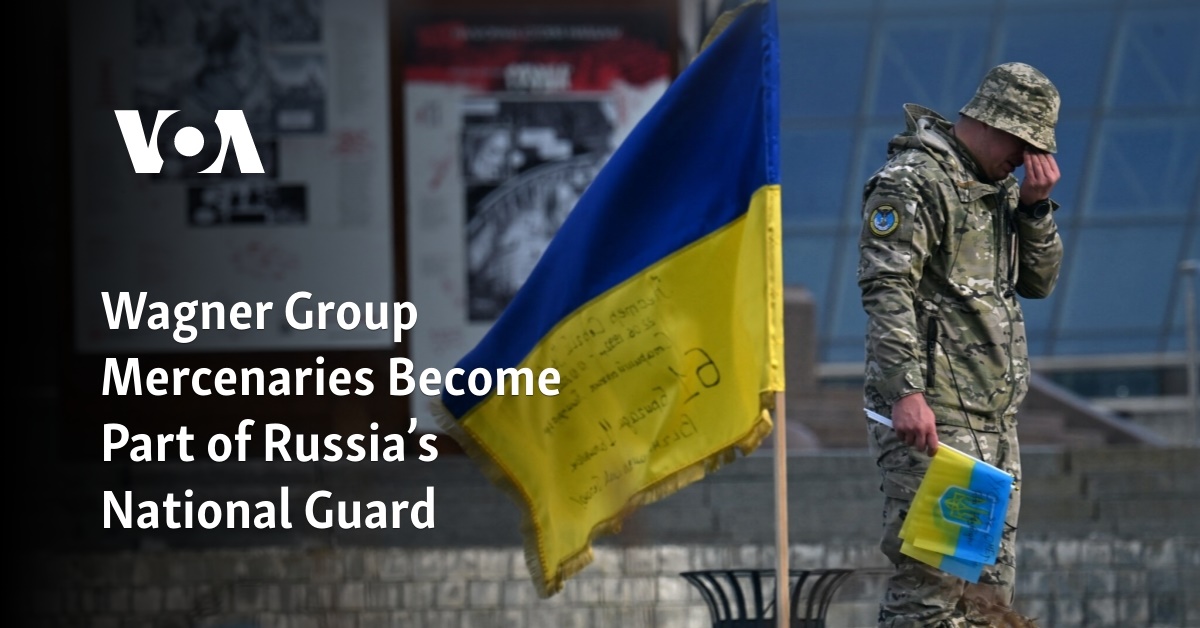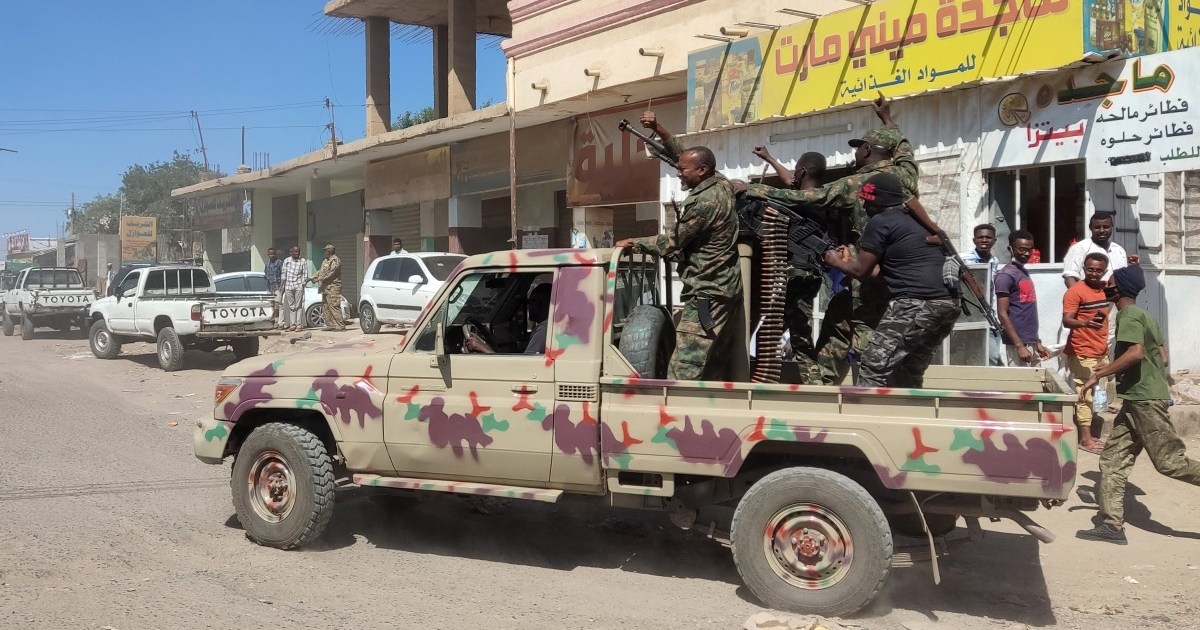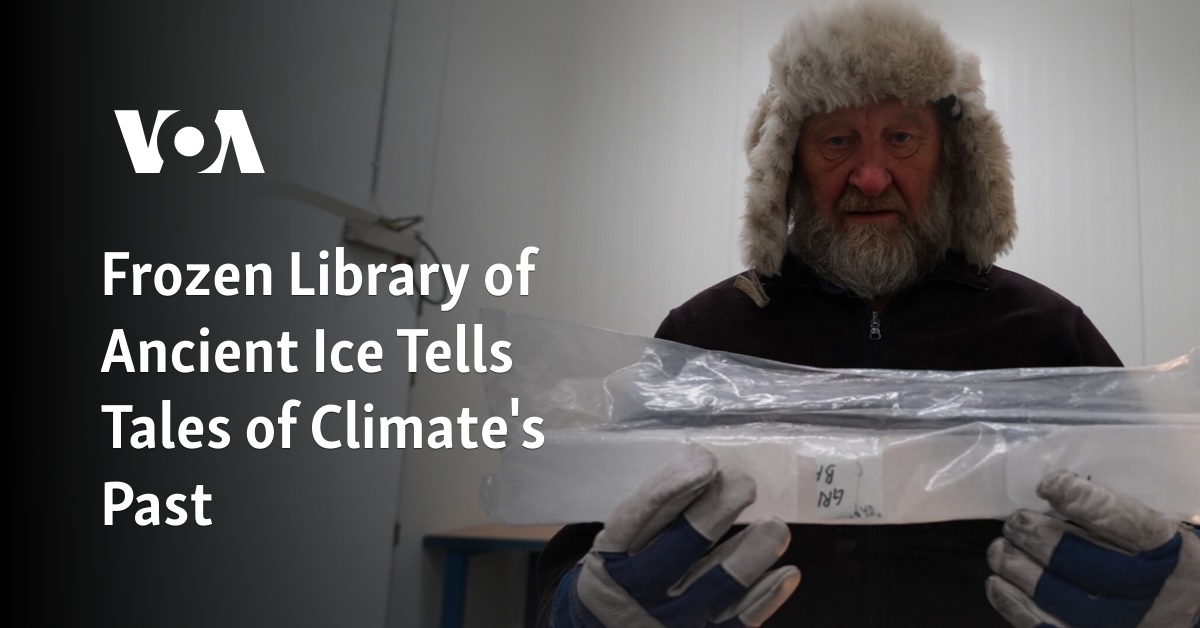
Tsholofelo Moloi has been among thousands for two weeks South African As the largest city in the country, it queues for water, Johannesburgis facing an unprecedented collapse of its water system, affecting millions of people.
Rich and poor residents alike have never experienced a shortage of this severity. While hot weather has shrunk reservoirs, so has crumbling infrastructure after decades of neglect. Public frustration is a danger sign for the verdict African National Congresswhose comfortable grip on power since the end of apartheid in the 1990s faces its biggest challenge in an election this year.
A country already known for its hour-long power outages is now adopting the term “watershedding” – the practice of going without water, from the term “load shedding” or the practice of going without electricity.
Witch, living in Soweto lives on the outskirts of Johannesburg, isn’t sure she or her neighbors can take much more.
They and others in South Africa’s economic metropolis of around 6 million people line up every day to service the municipal tankers that deliver water. Before the trucks finally arrived the day before, a desperate Moloi had to request water from a nearby restaurant.
There was no other alternative. A five-liter bottle of water costs 25 rand ($1.30), an expensive proposition for most people in a country where over 32% of the population is unemployed.
Water crisis in Johannesburg
(Copyright 2018 The Associated Press. All rights reserved.)
“We have big problems,” Moloi said. “We have to cook and the children have to go to school too. We need water to wash their clothes. It’s very stressful.”
Residents of Johannesburg and the surrounding area have long been used to experiencing water shortages – just not across the entire region at the same time.
Over the weekend, water management authorities in Gauteng province, which includes Johannesburg and the capital Pretoria, told officials in both cities that failure to reduce water consumption could lead to a total collapse of the water system. This means that the capacity of the reservoirs would fall below 10% and would have to be shut down to refill them.
That could mean no water from taps for weeks – at a time when hot weather is keeping demand for water high. The arrival of the cold winter in the southern hemisphere is still weeks away.
No drought has been officially declared, but officials are asking residents to conserve as much water as possible. World Water Day on Friday is another reminder of the general need to protect the environment.
Outraged activists and residents call this a crisis that has been brewing for years. They blame officials’ poor management and failure to maintain aging water infrastructure. Much of this dates from the years immediately following the end of apartheid, when basic services were extended to the country’s black population in a time of optimism.
The ANC has sustained this enthusiasm for a long time, but now many South Africans are wondering what happened. In Johannesburg, governed by a coalition of political parties, anger is directed at the authorities in general, as people question how maintenance of some of the country’s key economic engines has failed.
A report released last year by the national Ministry of Water and Sanitation is damning. Monitoring water use by municipalities found that 40% of Johannesburg’s water is wasted through leaks, which include burst pipes.
In recent days, even residents of Johannesburg’s more affluent and swimming pool-studded suburbs have been dependent on the arrival of municipal water tankers, in a shock to some.
Water crisis in Johannesburg
(Copyright 2018 The Associated Press. All rights reserved.)
Residents in one area, Blairgowrie, protested after a water shortage for almost two weeks.
A local councilor in Soweto, Lefa Molise, told the Associated Press he was not optimistic the water shortage would be resolved soon.
Water outages are so frequent that he urges residents to conserve whatever supply is available, especially when he says authorities give little to no warning of impending shortages.
The water tankers are not enough to ensure the supply of residents, he added.
An elderly resident, Thabisile Mchunu, said her taps had been dry since last week. She now carries as much water as she can find in 5-gallon buckets.
“The sad thing is we don’t know when our taps will get wet again,” she said.
Water crisis in Johannesburg
(Copyright 2018 The Associated Press. All rights reserved.)
Rand Water, the government entity that supplies water to more than a dozen communities in Gauteng province, this week urged residents to reduce their consumption. The interconnected reservoirs that supply the system are now at 30% capacity, and high demand in each of them affects them all.
Even South Africa’s notoriously troubled electricity system has played at least a partial role in the water problem.
On Tuesday, Johannesburg Mayor Kabelo Gwamanda said a power station supplying electricity to one of the city’s largest water pumping stations had been struck by lightning, causing the plant to fail.






Recent Comments